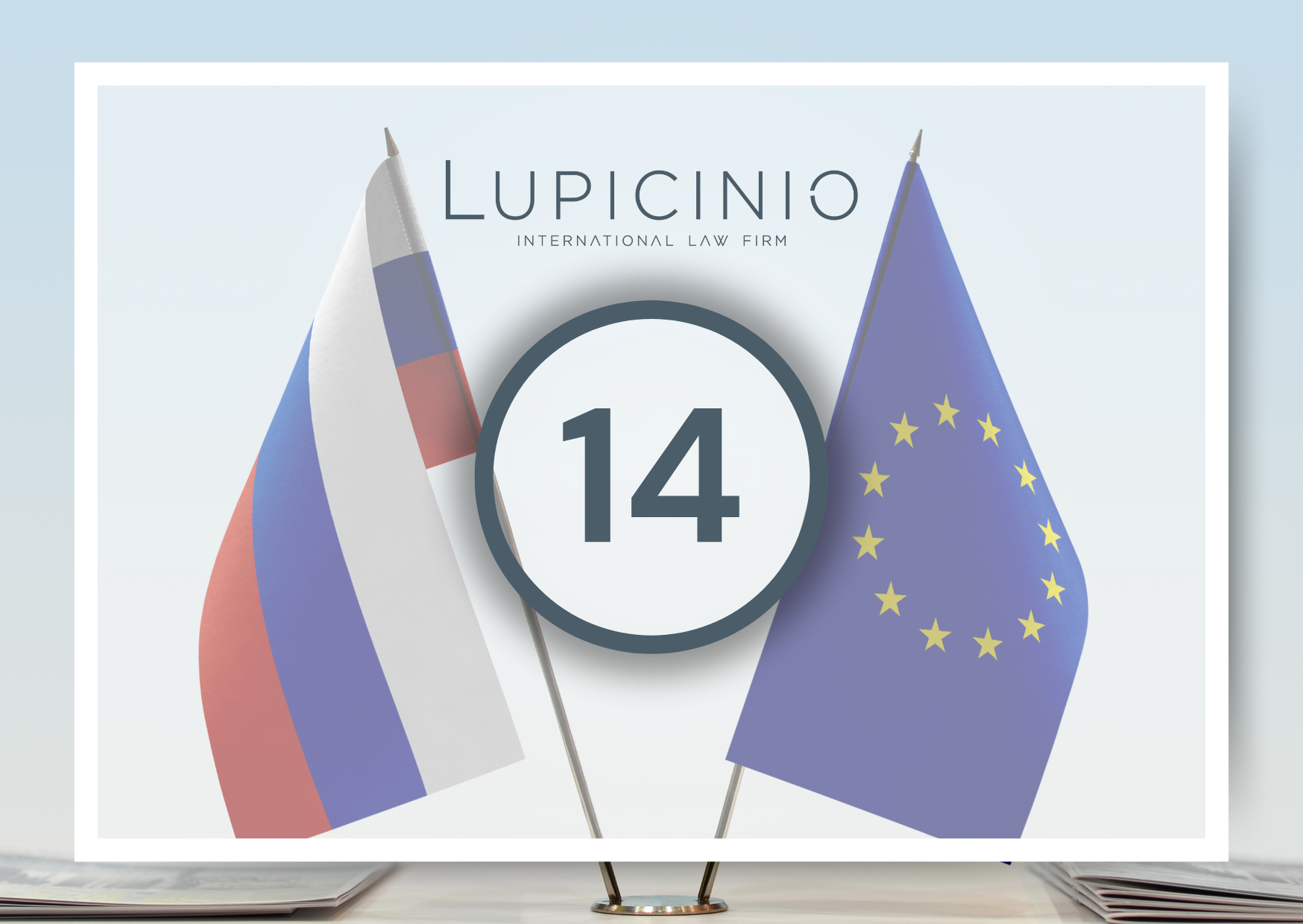This issue – dealt with, to a greater or lesser extent, in my Newsletter No 12, “The European Energy Charter” here and No 13, “Welcome from Madrid to a new Newsletter on international arbitration” here – is still very topical.
According to the aggressive lawyer Nick Cherryman, who represents the private interests of one of the main ‘vulture funds’ that operate in this complex arbitration world, with “third party funding” included, and who acquired the rights to the landmark “Antin” award against Spain, announced, according to the newspaper ABC of 26 August, that “the London Court allows the seizure of the land of the Centro Vicente Cañada, which also houses the Instituto Cervantes and the UNED”.
Undoubtedly, great efforts continue and will continue to be made by various investor groups before different courts in various countries for the enforcement in third countries of the high compensation claims made against Spain as a result of the ICSID awards secured in the renewable energy sector, protected by the ‘European Energy Charter’.
In my opinion, the recent media campaigns, both at home and abroad, and in particular the very successful campaign of the aforementioned lawyer, brought about the current clash of positions between the Second Vice-President, Nadia Calviño, concerned only with the good reputation and better international credibility of Spain, and the Fourth Vice-President, Teresa Ribera, a fierce advocate of Spain’s interests against these arbitrations, well pleaded by our invaluable State lawyers, and the foreign specialists retained, against the – in this case greedy – foreign investors, determined not to accept logical cuts in profitability imposed, or recently offered, for reasons of public necessity and essential economic austerity, to redress the excesses committed by Zapatero‘s prodigal first government.
Finally, even the non-specialised summer newspapers have begun to report, following the logical governmental silence, the beginning of contacts, albeit secret, with the investors with a view to negotiating the amounts and timeframes for the payment of the compensation ordered against Spain, as required by Spain’s international commitments.
Nadia Calviño‘s position seems to have prevailed, which would result in solutions similar to those that, following many years of reluctance, were eventually accepted by Argentina, which, unlike Spain, could only rely on reasons inspired by its own national legal system to justify and extend its non-compliance.
In the case of Spain, it has been well demonstrated that the new principles of “autonomy and primacy of EU law” explain and substantiate our refusal to accept the immediate enforcement of these awards – following the landmark “Achmea” judgment of the European Court in Luxembourg – confirmed and further developed in the “Komstroy” case. Hence, I stand in solidarity with our national positions, which have led, it would seem, only until today, to a successful legal defence against the demands of the big foreign investors, who are reluctant to accept any change in the previous privileged situation, agreed in 2007.
The newspaper ABC published on 14 August a long and well-researched article by Javier González Navarro, under the descriptive headline “Recortes a las Renovables (“Cuts to Renewables”). The 65,000 families affected go to the Ombudsman”, with the subheading “They ask for equal treatment with foreign investors who will be compensated”. The president of the association, ‘Anpier’, which brings together those affected, Miguel Ángel Martínez-Aroca, encouraged by the alleged negotiations with foreign investors, recalled that “Sánchez promised in 2014, when he was not in government, that he would restore the profitability to those affected”, which, however, neither the ‘ordinary courts’ first, nor the ‘Supreme Court’ and the ‘Constitutional Court’ later, would recognise as vested rights for our fellow citizens.
A reassuring development for Spanish approaches was the very recent ruling of 24 April last by the German Supreme Court, mirroring those of the Swedish courts, which Professor Fernández Rozas summarised in his Blog of 24 August: “The Bundesgerichtshof declares that intra-EU investment arbitration is incompatible with EU law”, thus accepting the nullity claims brought by the Netherlands and Germany. I will simply reproduce the concluding paragraph of this great international arbitration specialist: “As can be seen, these decisions are a setback for the dispute settlement system of the ICSID Convention. The system is based exclusively on public international law and the strictly limited review by state courts is one of its cornerstones. Mindful of the implications for the ICSID system, the BGH underlines that its ruling exclusively applies to intra-Community disputes”.
Also in our favour would be the ruling of the US Court of Appeals for the Ninth Circuit, on 1 August, upholding, against lower courts, the non-enforcement in the United States of an ICC award for €1.3 billion, obtained by investors in that country against assets existing in the USA, based on the principles of “comity, diplomacy and International law” and the need to apply “minimum contact analysis”, existing in US case law on recognition, for the protection of “foreign states”, although not in relation to ICSID awards, (See Fernández Rozas Blog of 1-9-2023).
B.– I cannot deny that Spain’s position was and continues to be the object of harsh criticism, and that the accusations that have been made against us of endangering, from a European law perspective, the prestigious Washington Convention of 1965, which created the ICSID regime of direct recognition and immediate enforcement, in any of the signatory third States, of its awards imposing payment of damages, were justified.
Last summer was, in any case, the right time to complete something that had been pending in these years of learning, that is, the perusal of the doctoral thesis of the lawyer, professor and arbitrator, Enrique Linares, a good friend and collaborator of this Firm. After the descriptive title, “Ejecución en Terceros Estados Terceros de Laudos emitidos en Arbitrajes de Protección de Inversiones. Espcial referencia al sistema del CIADI” (Enforcement in Third States of Awards Issued in Investment Protection Arbitrations. Special Reference to the ICSID System), we find five hundred pages of well-structured text, which have taught me a great deal, in four chapters, together with twenty reasoned Conclusions, which I am attaching, and without forgetting to add the link to the full text available here: e.library of the Universidad complutense:
https://docta.ucm.es/entities/publication/8d7f885e-f5c0-44b5-8389-85f9c8ec32c7
Now that six years have passed since it was written, I would be very pleased to see soon, from its author’s hand, duly updated, some topics and issues, which have been enriched or have evolved around the question of Enforcement in Third States, among which I would suggest:
- “actitud pro arbitraje de tribunales españoles”, pág. 483 y 486. (“pro-arbitration attitude of Spanish courts”, p. 483 and 486).
- “recognition v. enforcement, págs. 263. (recognition v. enforcement”, p. 263).
- “declaración de ejecutabilidad”, pág. 265. (“declaration of enforceability”, p. 265).
- “obligación de hacer v. obligación pecuniaria”, pág. 261. (obligation to do v. pecuniary obligation”, p. 261).
- “inmediato cumplimiento”, pág. 270, 297. (“immediate performance”, p. 270, 297).
- “inexistencia de impago”, pág. 275. (“non-existence of non-payment”, p. 275).
- “hacer valer v. dejar valer”, págs. 285, 489. (“enforcement v. leave for enforcement”, pp. 285, 489).
- “orden público internacional”, págs. 295, 301. (“international public policy”, pp. 295, 301).
- “protección diplomática”, pág. 295. (diplomatic protection”, p. 295).
- “plenary action v. order & judgement”, págs. 325, 326.
- “inmunidad soberana de jurisdicción”, págs. 345, 458. (sovereign immunity from jurisdiction”, pp. 345, 458).
- “casos precedentes”. págs. 427, 443, 472. (“Case Law”, pp. 427, 443, 472).
- “sentencias y laudos”, pág. 400. (“judgments and awards”, p. 400).
- “bienes embargables”, pág. 417. (“attachable property”, p. 417).
A great deal has indeed happened and will continue to happen in connection with the 1965 Washington Convention. To our satisfaction, I think that Enrique Linares could bring them to a well-deserved second edition of the important work, – outstanding cum laude by unanimity, European mention -, on the present of enforcement in third states, with new developments that certainly threaten the superiority that ICSID arbitrations and awards have enjoyed so far.
******
More information:
Lupicinio International Law Firm
C/ Villanueva 29
28001 Madrid
P: +34 91 436 00 90
info@lupicinio.com







